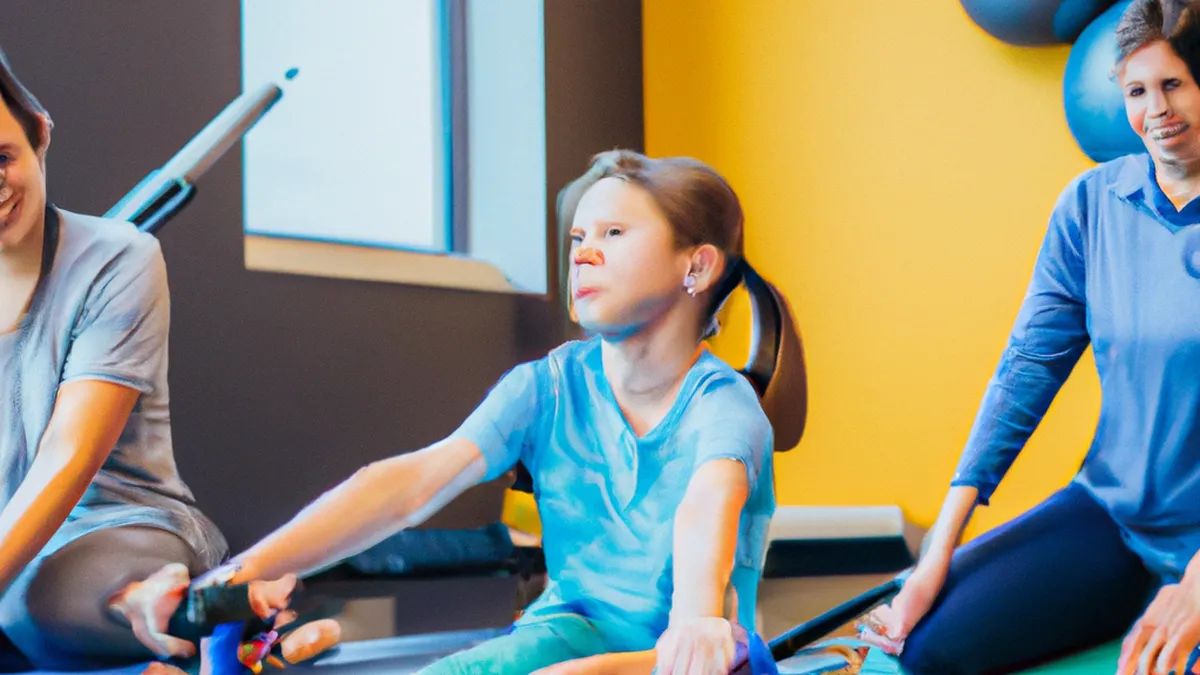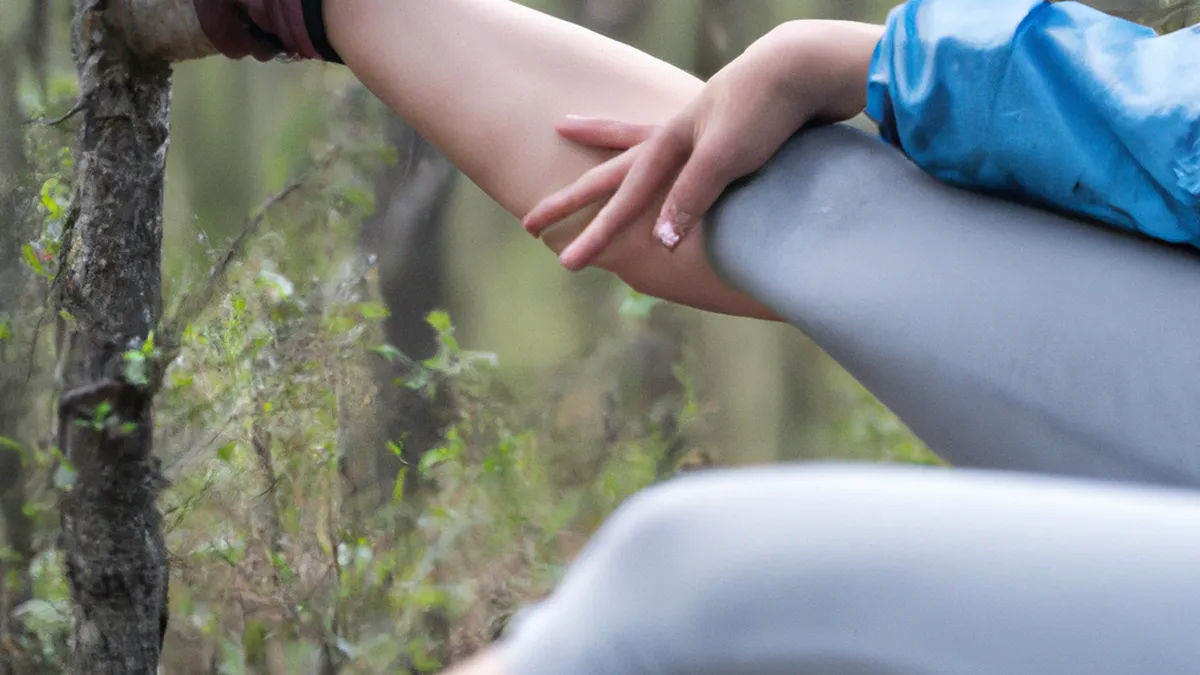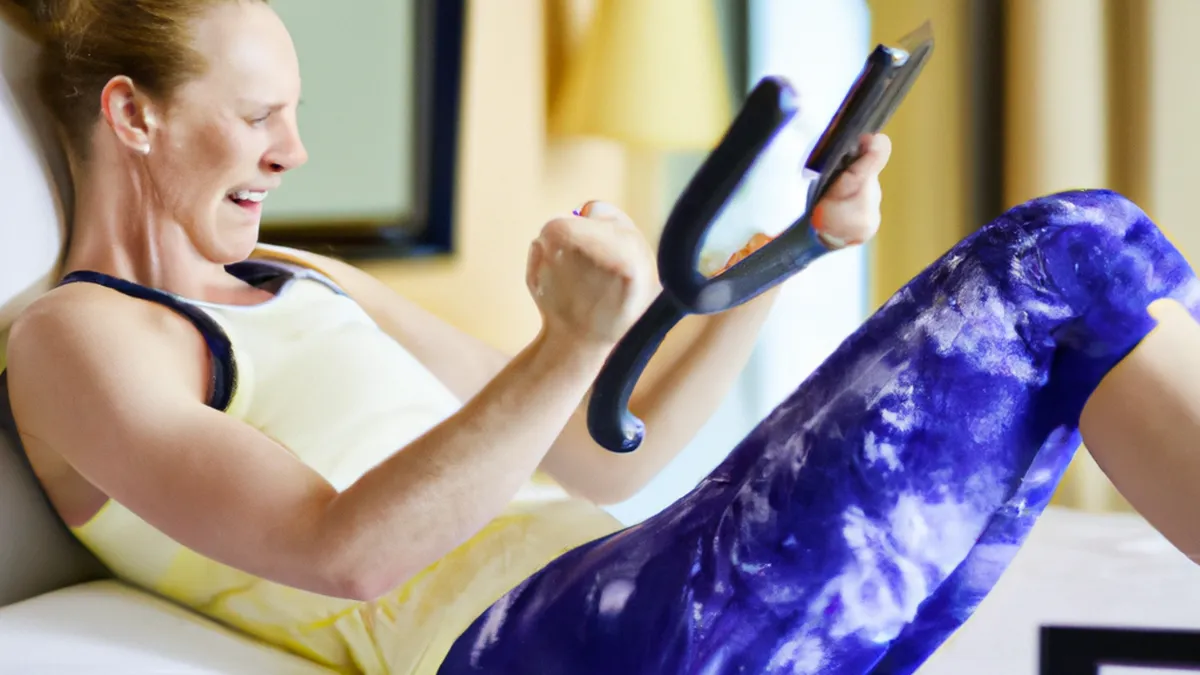Teach Youth Proper Knee Alignment Today
Coaching Youth on Knee Mechanics: A Comprehensive GuideKnee injuries among young athletes have risen recently due to poor movement understanding. As a coach, you play a vital role in teaching these athletes about knee health. This guide offers insights into knee mechanics, coaching tips, and the importance of strong knee health foundations.
Understanding Knee Mechanics
Knee mechanics describe how the knee joint functions during physical activities. Proper mechanics prevent injuries since the knee interacts with the hip and ankle. Teach young athletes about this interconnectedness to promote safe physical activity.
Importance of Proper Alignment
Good alignment forms the basis of effective knee mechanics. Properly aligned knees bear weight evenly and reduce strain on ligaments and cartilage. Teach youth the importance of maintaining proper alignment, especially during weight-bearing exercises like squats and lunges.Encourage athletes to align their knees with their toes during movements. For instance, in a squat, they should avoid extending their knees beyond their toes. This alignment enhances stability and reduces injury chances.
Focusing on Strength and Flexibility
Strength and flexibility are crucial for knee health. Strong muscles around the knee absorb shock and provide support. Flexible muscles allow for a greater range of motion. Integrate strength training into your regimen using bodyweight exercises like squats, lunges, and step-ups.In addition to strength training, include flexibility exercises in your program. Incorporate stretching during warm-ups and cool-downs, targeting muscles that influence knee mechanics, such as quadriceps, hamstrings, calves, and hip flexors. Regular stretching increases flexibility, enhances performance, and reduces injury risk.
Encouraging Proper Landing Techniques
Jumping and landing occur in many sports, but improper techniques can cause knee injuries. Teach youth to land softly to reduce injury risk. Encourage athletes to bend their knees and hips while landing. This technique helps dissipate force and reduces stress on the knee joint.Incorporate plyometric exercises into training sessions to practice proper landing techniques. Activities like box jumps or jump squats develop strength and coordination while reinforcing safe landing mechanics. Regular practice builds muscle memory, making safe landings instinctive.
Practical Tips for Coaches
As an Amazon Associate I earn from qualifying purchases.
Gear tip: consider foldable yoga mat, stretching strap, and yoga blocks to support this topic.
As a coach, you can provide essential guidance to young athletes. Here are practical tips for training:1. **Demonstrate Proper Techniques:** Always model the correct movement.
Conclusion
In conclusion, teaching youth about knee mechanics fosters safe practices and reduces injury risks. Prioritize alignment, strength, and landing techniques for better knee health.
Below are related products based on this post:
FAQ
Why is understanding knee mechanics important for young athletes?
Understanding knee mechanics is crucial because it helps prevent injuries by promoting proper movement during physical activities. Coaches should teach young athletes how the knee interacts with the hip and ankle to ensure safe practices.
What role does proper alignment play in knee health?
Proper alignment is essential for effective knee mechanics, as it helps distribute weight evenly and reduces strain on ligaments and cartilage. Teaching youth to align their knees with their toes during exercises can enhance stability and lower the risk of injury.
How can coaches help improve the strength and flexibility of young athletes?
Coaches can improve strength and flexibility by integrating bodyweight exercises like squats and lunges into training regimens. Additionally, incorporating flexibility exercises and stretching during warm-ups and cool-downs can enhance performance and reduce injury risk.















Post Comment